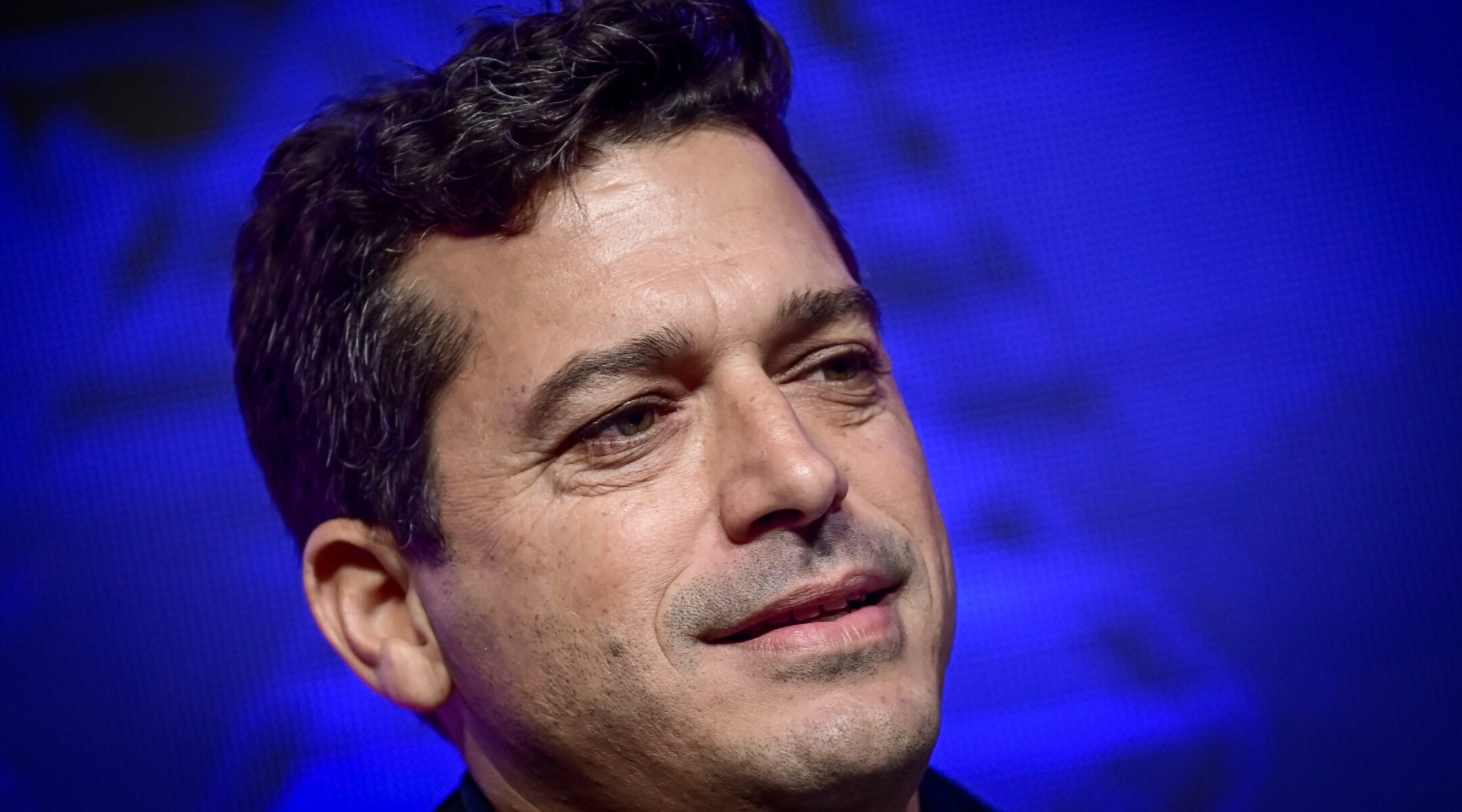WASHINGTON (JTA) — The Biden administration has joined the chorus of American voices criticizing Israeli Diaspora Minister Amichai Chikli.
A photo in which Chikli is making a face at a pro-Israel parade in New York City, and his unapologetic defense of the incident, is evidence that he is out of touch with the U.S. Jewish Diaspora, a senior Biden administration official told the Jewish Telegraphic Agency.
“The fact that a senior Israeli official came to the United States and did not have a single public meeting with the American Jewish community, and the fact [that] his only public interaction is to flip someone off or ask them to smile is telling,” said the official, who deals extensively with Israeli dignitaries.
The official requested anonymity because of executive branch rules that prohibit speaking by name without authorization. His comments are the latest in a series of statements from the Biden administration expressing disapproval of the Israeli government’s policies or the conduct of its senior officials.
During his visit to the United States for the Celebrate Israel Parade on June 4, Chikli had a number of meetings with the leadership of Jewish groups in Washington and in New York. None was open to the public, and Chikli changed the location of the Washington meeting to avoid protesters. Other Israeli ministers also faced protests during recent visits to the United States. Following publication of this story, Chikli’s spokeswoman said he had addressed a number of congregations in New York at events open to the public. One event she named was a d’var Torah, or sermon, he delivered at morning services in the Pierre Hotel.
Chikli did appear before a couple of larger audiences. He was one of several Israeli officials to march in the parade, which drew an estimated 40,000 people, and also spoke at a conference in New York hosted by the Jerusalem Post, the Israeli newspaper.
At the parade, Chikli was photographed making what appeared to many to be an obscene gesture toward a group protesting the Israeli government. He and his staff said he did not mean to make the gesture and said he was signaling to the protesters to smile.
The Biden administration official was especially incensed by Chikli’s defense of the incident in an appearance on Monday night on Israel TV, when Chikli called his critics’ tweets about the photograph “fake news.” He did not say the photograph itself was altered in any way.
“Blaming the photographer shows how much he does not understand the American Jewish Diaspora,” the official said. “His comments have ramifications. The Biden administration is watching.”
A spokesperson for Chikli declined to comment on the Biden administration official’s remarks.
Jacob Kornbluh, the Forward reporter who took the photo, defended its authenticity in a Twitter thread, and wrote that Chikli has accused him of “lashon hara,” or the Jewish concept about slander. The image “was not photoshopped and not taken out of context,” Kornbluh wrote.
The photo has become fodder for Chikli’s critics, who have circulated it widely online as evidence of his disdain for protesters who oppose Israel’s government and its efforts to weaken the judiciary. Yair Lapid, the leader of Israel’s parliamentary opposition, tweeted the photo and wrote, “This government never ceases to embarrass us internationally.”
Chikli’s appointment as Diaspora minister has antagonized some liberal segments of American Jewry because of his past statements deriding the Reform movement and the LGBTQ community. In his appearance on Monday he called J Street, the liberal Jewish Middle East lobbying group, “hostile” to Israel and “not important.”
Israel’s governing coalition, which took office in December and includes far-right lawmakers, has repeatedly butted heads with the Biden administration. President Joe Biden and other officials have come out against the government’s efforts to weaken the judiciary, in addition to condemning moves toward settlement expansion in the West Bank and “provocative” conduct from a government minister. Biden has yet to invite Israeli Prime Minister Benjamin Netanyahu to the White House and said in late March that he would not extend an invitation “in the near term.”
JTA has documented Jewish history in real-time for over a century. Keep our journalism strong by joining us in supporting independent, award-winning reporting.






